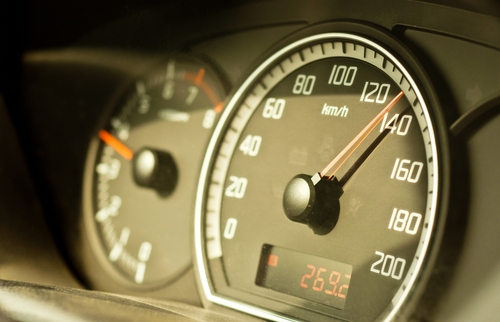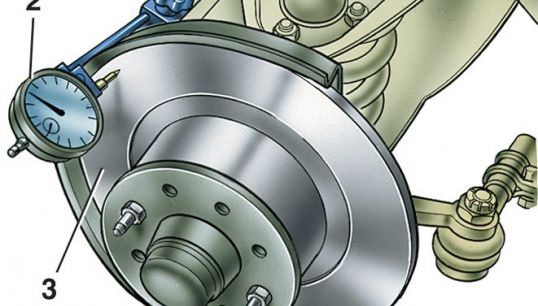Instruction
1
Despite its advantages, the brake discs more prone to wear than the brake drum. This is due to the fact that the drive is sensitive to runout and adverse effects of the environment. From all this it follows that from time to time you will need to verify the status of the disks.
2
To check disk you'll need to do the following:
- raise the manual brake;- loosen the front wheel - Jack up of the car;- remove the wheel - rotating wheel inspect the disk from all sides. If you noticed significant burrs and cracks, then change the drive;- using micrometer, measure thickness of the brake disc. If at any point the thickness of the disc is equal to the minimum permissible thickness or even less - to change the disc.- check the runout of the disc. Install a measuring device at a distance of 5 mm from the outer edge of the disk and spin the disk. The maximum wheel runout is 0.03 mm If the runout is greater than the disk either change or grind.- check the disc for cracks and other damage.
- raise the manual brake;- loosen the front wheel - Jack up of the car;- remove the wheel - rotating wheel inspect the disk from all sides. If you noticed significant burrs and cracks, then change the drive;- using micrometer, measure thickness of the brake disc. If at any point the thickness of the disc is equal to the minimum permissible thickness or even less - to change the disc.- check the runout of the disc. Install a measuring device at a distance of 5 mm from the outer edge of the disk and spin the disk. The maximum wheel runout is 0.03 mm If the runout is greater than the disk either change or grind.- check the disc for cracks and other damage.
3
The main problem of the brake disc is uneven thickness of the disc roughness and the curvature of the disk. Disks with such defects, you can replace, but you can counterbore them without removing. This method is the most rational.
4
Brakes should not be bad - it is dangerous to life. Timely diagnosis is the best way to protect yourself and those around you.

